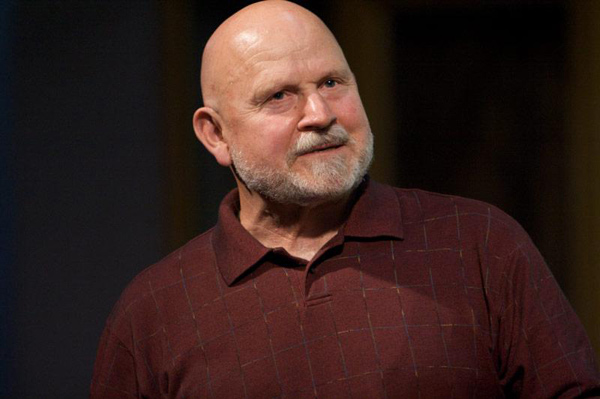In Celebration of the Human Voice - The Essential Musical Instrument
Home | Doo Wop | Barbershop | World | Contemporary | Christian | Vocal Jazz | Choral | Christmas | Instructional | Arrangements
Classical | Opera | Musicals | Personality | Young Singers | Disney | Videos | Songs | The Artists

Peteris Vasks Biography

Click Here for Sheet Music and Songbook Vocal Arrangements
Peteris Vasks was born on 16 April 1946 in Aizpute in Latvia as the son of a Baptist pastor who was well-known in Latvia. Vasks began his musical education at the local music school in Aizpute. He subsequently produced his first compositions and also studied the double bass at the Emils Darzins Music School in Riga (1959-64). Vasks continued his double bass studies with Vytautas Sereika at the Lithuanian Conservatory in Vilnius up to 1970 before his one year of military service in the Soviet Army. Vasks orchestral career had already began as early as 1961 as a member of various symphony and chamber orchestras, including the Latvian Philharmonic Orchestra (1966 to 1969), Lithuanian Philharmonic Chamber Orchestra (1969 to 1970) and the Latvian Radio and Television Orchestra (1971 to 1974). From 1973 to 1978, Vasks additionally studied composition with Valentin Utkin at the Latvian Music Academy in Riga. During the following years, he was a music teacher in Salacgriva, Zvejniekciems und Jelgava and has taught composition at the Emils Darzins Musikschule in Riga since 1989. During the Soviet period, Vasks suffered under the repressions of Russian cultural doctrine due to his beliefs and artistic convictions, but the Latvian composer's works have swiftly achieved widespread recognition during the past few years. Choral music of major importance within Vasks Oevre. His instrumental works are performed around the world by renowned musicians and frequently used by choreographers. Vasks compositions incorporate archaic, folklore elements from Latvian music and place them within a dynamic and challenging relationship with the language of contemporary music. The works are frequently given programmatic titles based on natural processes. Vasks' intentions are however not so much a purely poetic praise of nature or showy tone painting, but rather the pursuit of themes such as the complex interaction between man and nature and the beauty of life on the one hand but also the imminent ecological and moral destruction of the world which he expresses in musical language. |
Select a Category |
Want to Sing? - Find a Chorus Near You
List of Choruses by State | List of Choruses by City
